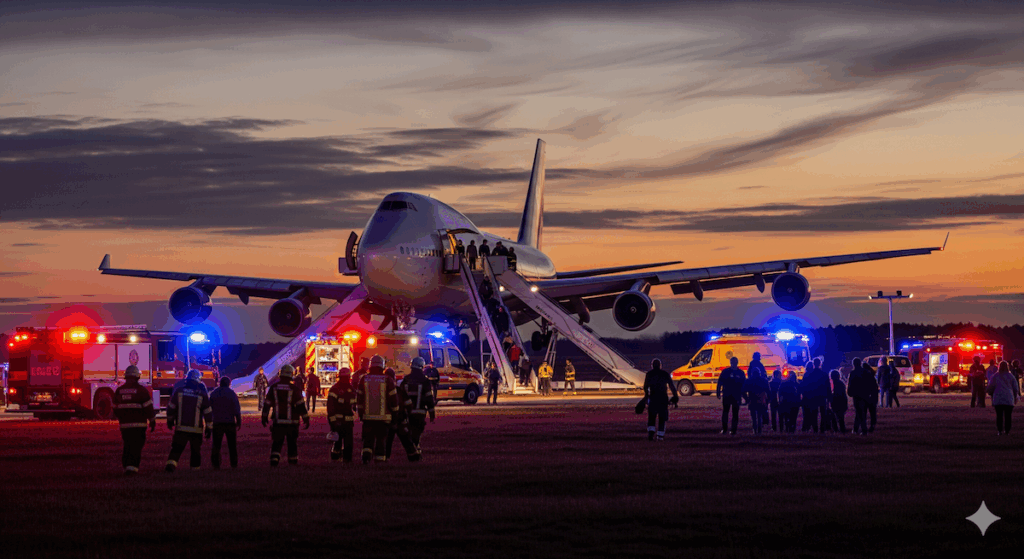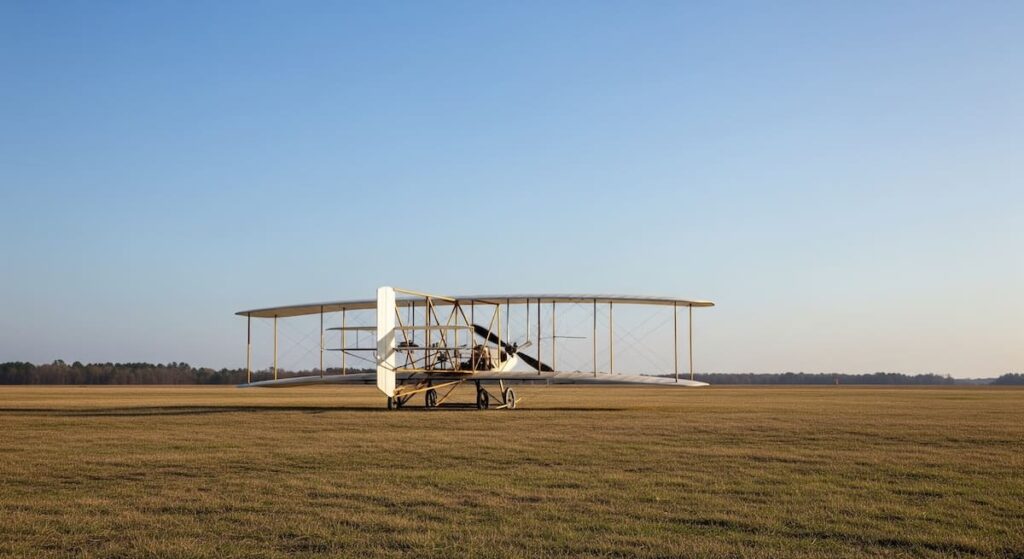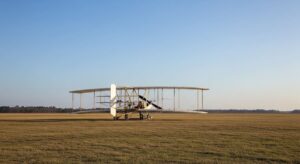Ever since its inception decades ago, the aviation sector has been synonymous with innovation and interconnectedness. It has reduced distances across the globe, facilitated economic expansion and made travel a hassle-free affair. Yet, there is an uncomfortable reality behind the unprecedented achievements—aviation also produces more carbon emissions. The cacophony of jet engines has an environmental price tag and calls for drastic reform have been made.
Aviation accounts for around 2-3% of the world’s CO₂ emissions, with carbon-heavy operations pushing pollution to even greater heights. With climate concerns mounting, airlines, manufacturers and technology leaders are now setting new standards to reimagine flying. Their dream? A future where flying is cleaner, greener and more efficient.
Leading the charge are innovative aviation companies committed to sustainability. They are developing cutting-edge aircraft, pioneering alternative fuel technologies and reimagining the industry’s infrastructure. These efforts signal a shift from conventional air travel to eco-conscious aviation. Let’s explore the key players leading this change and how they are revolutionising the skies.
Airbus: Engineering the Future of Hydrogen-Powered Flight
Airbus is already a giant in the aviation sector, and its new ambition is breaking new industry records. The company is working on developing ZEROe, a series of hydrogen-powered aircraft for commercial flights by 2035. Hydrogen power can potentially reduce CO₂ emissions to zero and is thus a revolutionary move towards sustainable aviation.
Some of the innovations are:
- Hydrogen combustion engines that substitute jet fuel.
- Hybrid-electric propulsion systems optimised for efficiency.
- Liquid hydrogen storage options for extended flight times.
Airbus’s vision does not stop with aeroplane design. It is making investments in hydrogen infrastructure and collaborating with airport authorities and fuel providers to make broad adoption possible. If successful, ZEROe has the potential to transform the future of zero-emission flight.
Boeing: Sustainable Aviation Fuels (SAF) Pioneering the Path
While Airbus is targeting hydrogen, Boeing is setting its sights on sustainable aviation fuels (SAF). These are refined from renewable materials such as algae, waste oil and biomass and emit substantially less carbon than standard jet fuel.
Boeing has pledged to equip its entire fleet for 100% SAF operations by 2030. Boeing works with fuel developers and airlines to promote SAF production and adoption. Existing SAF usage already reduces emissions by up to 80%, demonstrating its immediate impact.
Some interesting Boeing projects are:
- EcoDemonstrator programme, testing emerging fuel technologies.
- SAF-fuelled test flights, demonstrating feasibility for large aircraft.
- Collaborations with biofuel innovators, guaranteeing sustainable supply chains.
With SAF providing a scalable solution, Boeing’s approach is in line with the industry’s imperative to decarbonise.
Rolls-Royce: Hybrid-Electric Propulsion for Cleaner Skies
Aerospace engineering leader Rolls-Royce is creating the next generation of propulsion technologies. It is actively developing hybrid-electric engines, which are expected to reduce emissions while enhancing efficiency.
Its latest innovation is the Spirit of Innovation, an electric plane that broke speed records in electric flight. Commercial viability continues to be a challenge, but Rolls-Royce sees hybrid systems becoming part of passenger aircraft by the 2030s.
Highlights of its innovation are:
- UltraFan technology with fuel efficiency improved by 25%.
- Hybrid-electric drive merges conventional and electric power.
- Net-zero carbon ambitions, which will assure long-term sustainability.
By making engine designs more efficient, Rolls-Royce is speeding the industry’s shift toward cleaner aviation alternatives.
Eviation: The Dawn of Electric Planes
The future of aviation isn’t all about massive commercial planes—it’s also about electric planes meant for regional flights. Eviation, a pioneering startup, is spearheading this revolution with its Alice plane, a zero-emission, all-electric aircraft.
Alice is designed for short-haul flights, providing an alternative to conventional fuel-powered commuter aircraft. The design of the aircraft focuses on efficiency while cutting out the use of fossil fuels.
Key features of Alice:
- Electric propulsion, eliminating the carbon footprint altogether.
- Lower operations costs, making sustainable travel viable.
- Improved range and performance through advanced battery technology.
Eviation’s success can reshape domestic air travel, making electric aviation not just an elusive dream but a real possibility.
Lilium and Vertical Aerospace: Revolutionising Urban Air Mobility
Sustainability is not limited to big planes. There are electric vertical takeoff and landing (eVTOL) planes for urban mobility from companies such as Lilium and Vertical Aerospace.
They envision air taxis decongesting cities while encouraging clean transport. eVTOLs will revolutionise city commutes with zero-emission options compared to conventional air travel.
Their major innovations are:
- Electric propulsion is doing away with fuel dependence.
- Compact designs for aircraft appropriate for urban infrastructure.
- Autonomous technology simplifies air mobility.
When eVTOL technology advances, sustainable aviation will no longer be exclusive to commercial aircraft but will find application in everyday air transportation.
Are You All Set for a New Era for Aviation?
The aviation sector is in the process of a revolutionary change. Cleaner fuel options, hydrogen-driven planes and electric flight are redefining the landscape of aviation. Airbus, Boeing, Rolls-Royce, Eviation, Lilium and Vertical Aerospace are leading innovations and demonstrate that flying can be greener and more sustainable.
Challenges persist—fuel scalability, battery limitations and infrastructure adaptation necessitate continued investment. However, these pioneers are showing that sustainability is not only possible but necessary. And as technology continues to progress, the vision for zero-emission aviation draws nearer.
A green future of skyward skies is no longer a pipe dream—rather, it’s an imminent revolution. The flight path to sustainability is bold for the aviation sector, but with trailblazing firms taking the lead, clean air travel is becoming a real promise.











